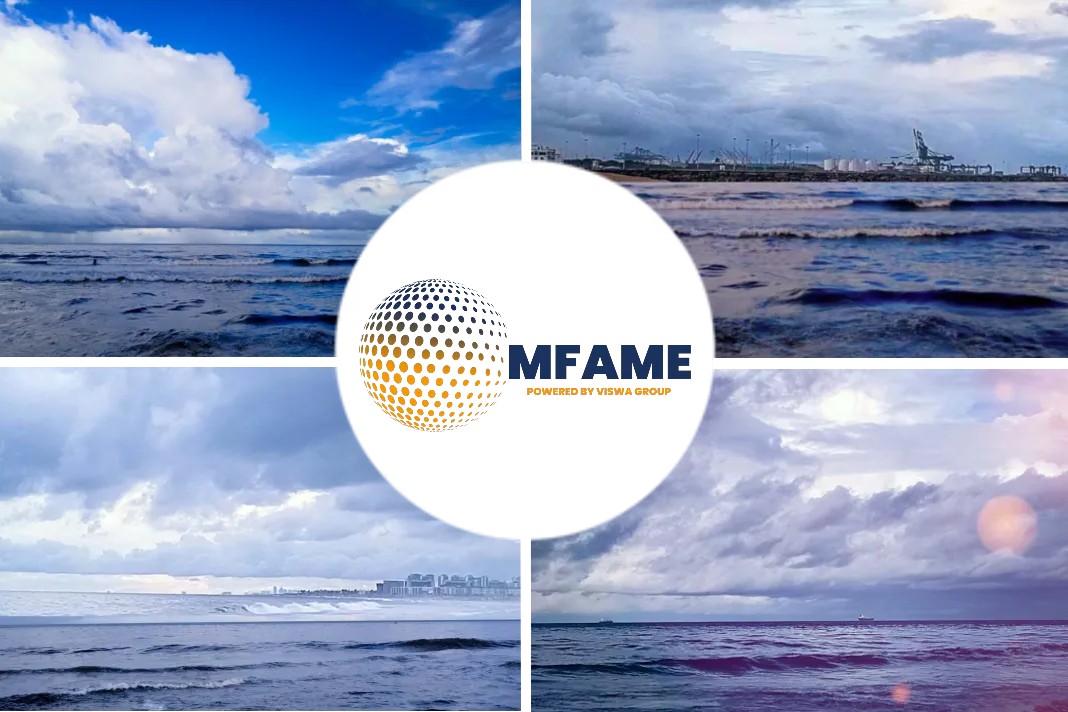The booming market for liquefied natural gas can weather an escalating US-China trade war. But the risks are mounting.
So far, LNG has been left off the growing list of tit-for-tat tariffs. If that changes, prices will rise and deter buyers just when new markets for the fuel are opening up, according to Paul Wogan, the chief executive officer of LNG shipowner Gaslog Ltd.
“My concern would be for higher pricing starting to destroy some of that demand,” Wogan said in Rotterdam, where he oversaw the first European loading for new ship GasLog Hong Kong. “That’s not happening at the moment but things like tariffs adding to the cost of LNG wouldn’t be a good thing.”
The impact of duties on LNG, the world’s fastest-growing fossil-fuel commodity, would be particularly felt as the US strives to become the world’s biggest exporter of the fuel and China drives global demand in its push for cleaner energy sources. The call for LNG ships has been booming, with China imports soaring 57 per cent last year on a tonnage-per-mile basis.
But the trade dispute between the world’s two biggest economies is only worsening. President Donald Trump said Friday he’s “ready to go” with US$500 billion in tariffs on Chinese imports. Earlier this this month he imposed charges on US$34 billion of goods, prompting China to slap duties on commodities including US propane and butane.
In Europe, a potential natural gas pipeline project from Russia has been imperiled by possible US sanctions. European Union Commission President Jean-Claude Juncker meets with Trump this week in an effort to tamp down the escalating trade tensions.
Any effect from potential tariffs would be lessened if overall demand for LNG stays high, Wogan said. Trade flows can also be redrawn, with China swapping US cargoes for Australian LNG normally bound for Taiwan, South Korea and Japan.
“If even a 10 per cent tariff is introduced, that would probably drive cargo swaps with the other northeast Asian buyers, although such swaps will add cost to delivered Chinese prices,” said Trevor Sikorski, the head of natural gas, coal, carbon at Energy Aspects Ltd in London.
In any case, the northeast Asian market will need US volumes to meet demand, which means total American cargoes into the region should be unchanged, he said.
The trade conflict may also make it harder for proposed US liquefaction projects to sign up Chinese long-term buyers, impeding final investment decisions for new supply projects. It could also weigh on new-order growth at Samsung Heavy Industries Co Ltd, South Korea’s second-largest shipbuilder, according to Bloomberg Intelligence.
GasLog owns 30 tankers for the superchilled fuel including five on order. It estimates that the market may require as many as 20 additional newbuilds between now and 2021 depending on customer need and, crucially, the progress of US LNG projects, Wogan said.
“It is a concern, but right now I wouldn’t say it’s enough of a concern that we stop investing,” he said. “But this is certainly what we need to watch.”
Did you subscribe for our daily newsletter?
It’s Free! Click here to Subscribe!
Source: Malay Mail


















